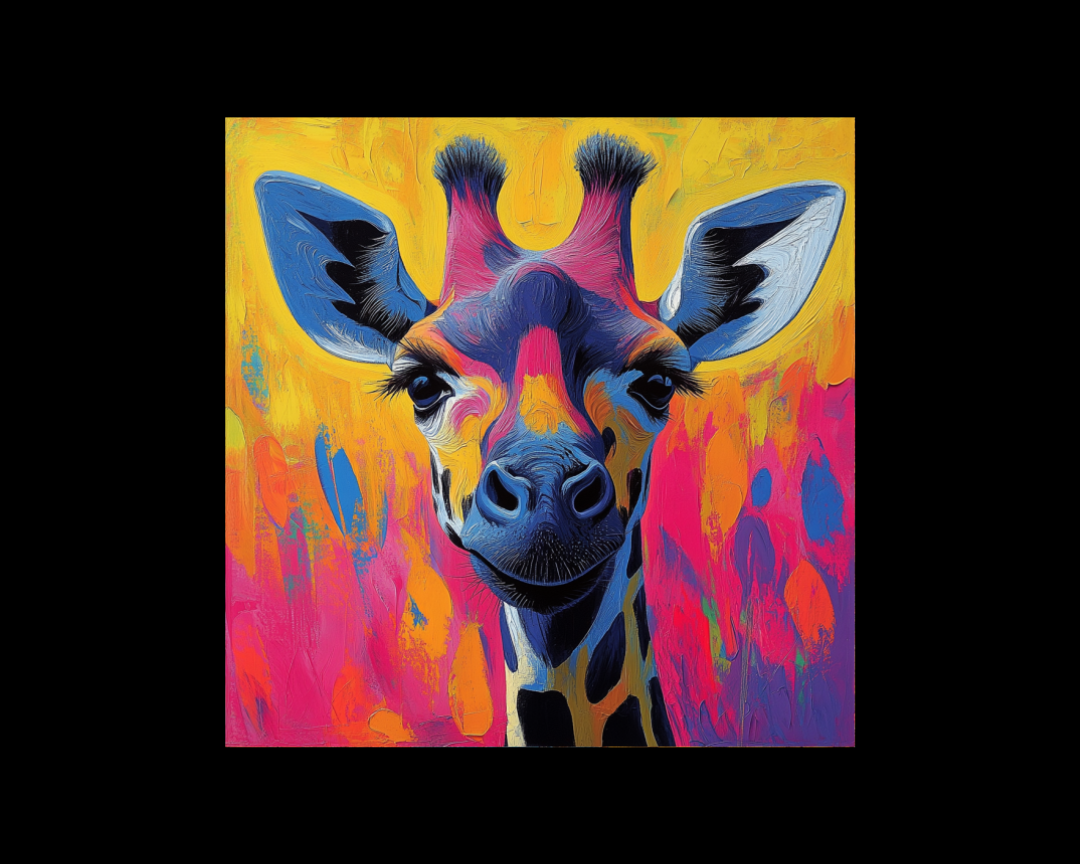Unwanted Exits and Narrative Shifts: Crafting Compelling Fiction
In fiction writing, the art of keeping readers engaged is a delicate dance. Unwanted exits and narrative shifts are pivotal in shaping the reader's...
-1.png)
Cli-Fi, short for climate fiction, is a genre of literature that focuses on climate change and its effects on the planet and humanity. This genre, rooted in science fiction, often incorporates dystopian themes and speculative elements, creating narratives set in the real world or near future where climate change plays a central role. The term "cli-fi" was popularized by journalist and climate activist Dan Bloom in the early 2000s.
Cli-Fi serves not only as entertainment but also as a powerful tool for raising awareness about climate change. By envisioning possible futures and highlighting the consequences of inaction, cli-fi can inspire readers to think critically about environmental issues and consider sustainable practices. It also provides a creative outlet for processing climate grief and fostering resilience.
Cli-Fi is a dynamic and evolving genre that tackles one of the most pressing issues of our time—climate change. Through imaginative storytelling and speculative scenarios, cli-fi engages readers in the urgent conversation about our planet's future. Whether you're an avid reader or a writer looking to explore this genre, cli-fi offers a rich and impactful literary landscape to delve into.

In fiction writing, the art of keeping readers engaged is a delicate dance. Unwanted exits and narrative shifts are pivotal in shaping the reader's...

In the highly competitive realm of publishing, the first pages of a manuscript wield immense power – they can either open doors to literary success...

Cryptozoology, the study of hidden or legendary animals whose existence is unconfirmed by science, offers fertile ground for fiction writers. From...